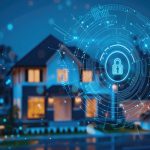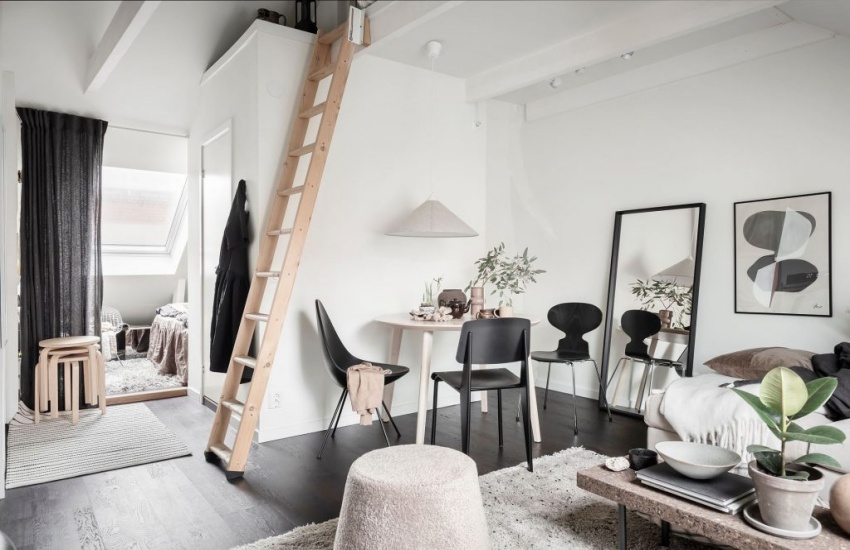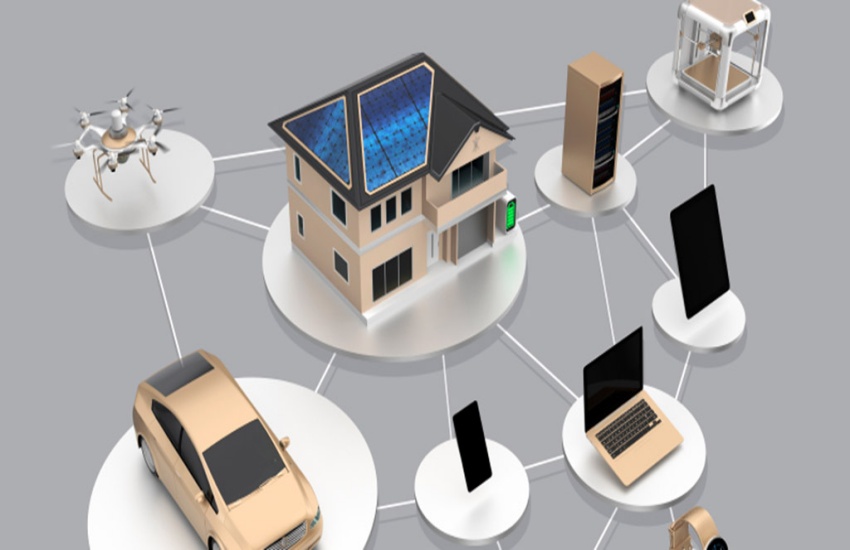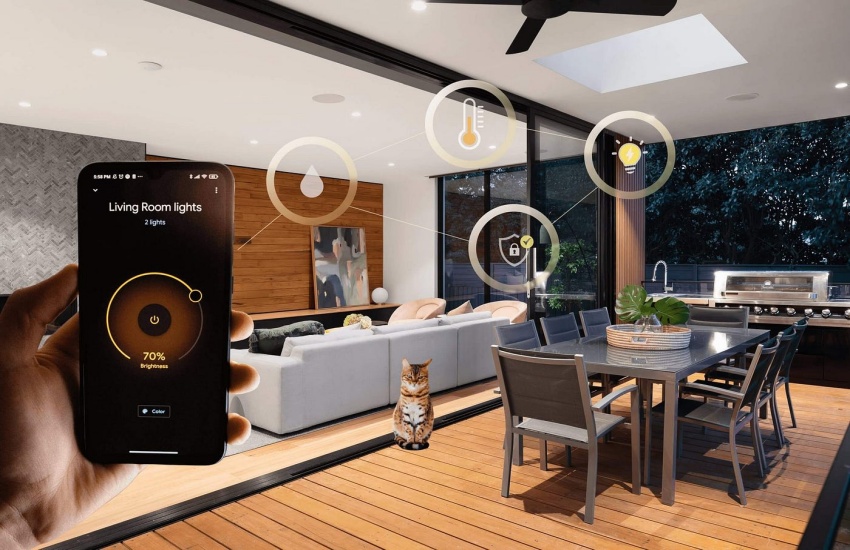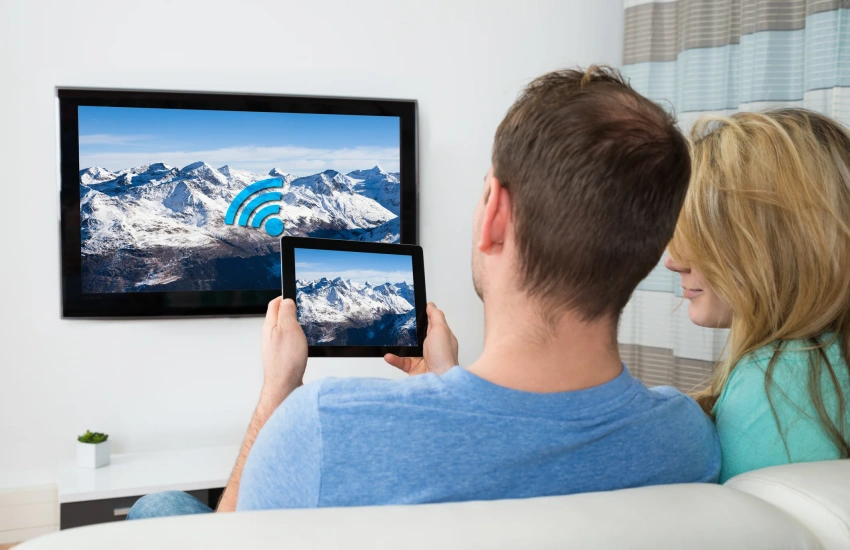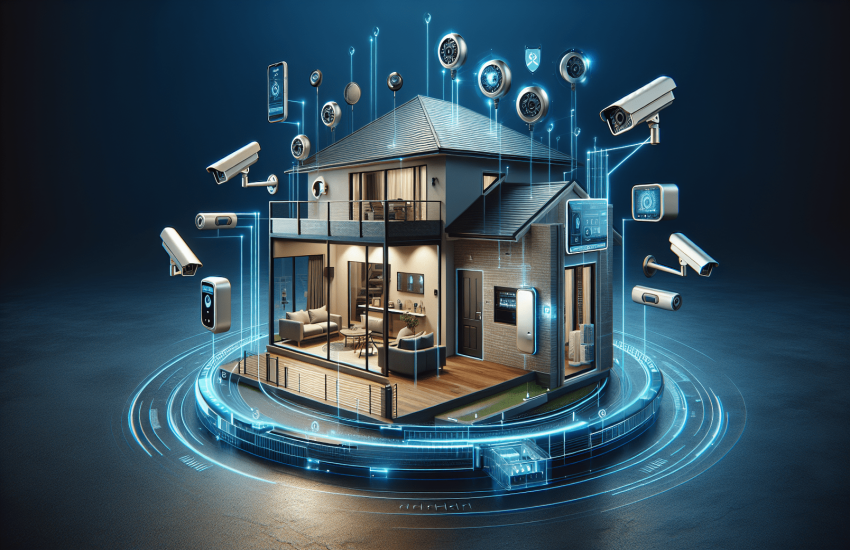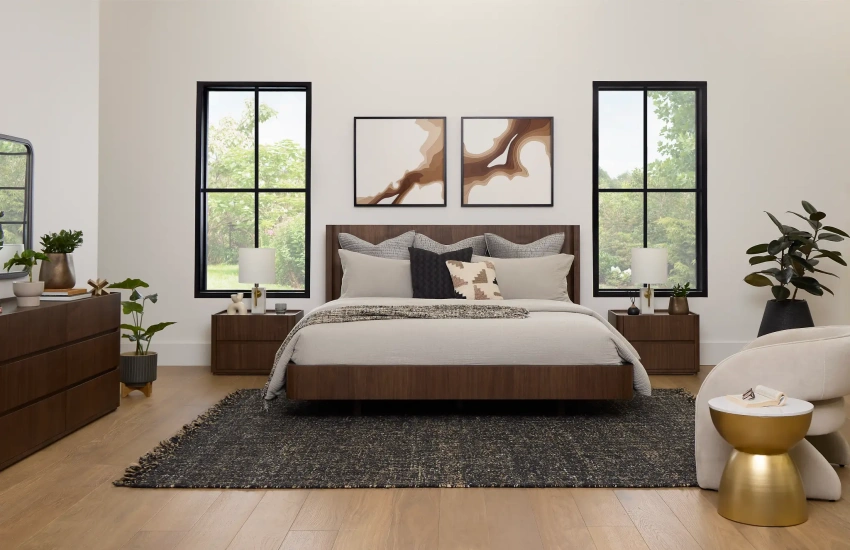The first step in desk organization involves decluttering the workspace. Removing unnecessary items is crucial for establishing a clean and focused environment. A thorough assessment of what is truly needed can help identify items that can be discarded or relocated. Limiting the number of items on the desk to only essentials such as a computer, notepad, and pens can create a more streamlined appearance. This minimalist approach not only looks better but also allows for easier access to the tools needed for work. Utilizing storage solutions is another key aspect of effective desk organization. Incorporating drawer organizers, shelves, and desktop…
Popular Posts
-
-
At its core, Scandinavian design prioritizes functionality without sacrificing style. Every piece, from a sleek wooden chair to a minimalist bookshelf, is crafted with a clear purpose in mind. Clean lines and uncluttered forms ensure furniture fits seamlessly into daily life—think dining tables with rounded edges safe for families, or storage solutions that hide clutter while adding to the room’s aesthetic. This focus on utility makes it ideal for small spaces, where every item must earn its place. A Scandinavian-inspired living room, for example, might feature a sofa with built-in storage, a coffee table with a lower shelf for magazines,…
-
This feature is particularly beneficial for those who work night shifts or have young children who need to nap during the day. By minimizing light exposure, blackout curtains can improve sleep quality and create a more restful atmosphere. This can lead to better overall health and well-being, as quality sleep is essential for physical and mental rejuvenation. Material choice is crucial when selecting blackout curtains. Many options are available, including polyester, cotton blends, and specialized blackout fabrics. These materials are typically thicker and denser than standard curtains, ensuring maximum light blockage. Some blackout curtains also come with a thermal lining,…
-
The best ones blend functionality, connectivity, and user-friendliness, solving real problems without adding unnecessary complexity. They turn homes, offices, and even cities into more efficient, responsive spaces by sharing data and working together seamlessly. At their core, valuable IoT devices serve a clear purpose. A smart thermostat that learns your schedule to save energy, like Honeywell Home or Emerson Sensi, does more than a basic model by adapting to your habits. Similarly, fitness trackers such as Fitbit or Garmin go beyond counting steps, monitoring heart rate, sleep patterns, and activity levels to offer personalized health insights. These devices don’t just…
-
Many people struggle with light pollution from streetlights, passing cars, or early morning sunrises. By effectively blocking out light, these curtains create a darker sleeping environment, which can promote better rest and overall well-being. Improved sleep can lead to increased productivity and enhanced mood throughout the day, making room darkening curtains a valuable investment for anyone looking to enhance their quality of life. Energy efficiency is another significant benefit associated with room darkening curtains. These curtains often feature thermal properties that help insulate windows, keeping homes cooler in the summer and warmer in the winter. By reducing the amount of…
-
At its core, it connects devices—from lights and thermostats to locks and cameras—allowing them to work together or be controlled remotely, often through a smartphone or voice command. This integration eliminates small, daily hassles, freeing up time for what matters most. Convenience is a key benefit. Imagine adjusting the thermostat while stuck in traffic, ensuring your home is warm when you arrive, or turning off a forgotten light from bed. Voice-controlled systems let you dim lights, play music, or check the fridge camera without lifting a finger, streamlining routines for busy families or anyone seeking ease. Automated routines take this…
-
Understanding the functions of your remote control is crucial. Take time to familiarize yourself with the buttons and their specific functions. This might seem basic, but many people only use a fraction of their remote’s capabilities. Consider investing in a universal remote control. These devices can control multiple electronics, reducing the number of remotes you need to manage. Some even have smart features, allowing you to control devices via voice commands or through a smartphone app. Programming your remote control is another key step. Many remotes allow you to program favorite channels or specific settings. This can save you time…
-
Invest in a quality security system. This should include a combination of alarms, security cameras, and motion detectors. Modern security systems offer features such as remote monitoring, which allows you to check on your home from anywhere using a smartphone app. Reinforce your doors and windows. These are common entry points for burglars. Consider installing deadbolt locks on doors and security film on windows. The latter makes the glass harder to break, deterring potential intruders. Keep your property well-lit. Outdoor lighting is a simple yet effective deterrent against burglars. Install lights with motion sensors around your property, especially in dark…
-
Focus first on mattress selection as it impacts sleep quality most directly. Memory foam contours to your body while innerspring offers firm support. Hybrid models combine both technologies for balanced comfort. Test mattresses in store when possible, lying in your usual sleep position for at least 10 minutes. Side sleepers typically need softer surfaces while back and stomach sleepers require firmer support. Bed frames should provide sturdy foundations that prevent squeaking and shifting. Solid wood frames offer durability while metal options provide modern aesthetics. Platform beds with slats eliminate the need for box springs but ensure slats are no more…
-
At its core, luxury design is defined by unparalleled craftsmanship. Unlike mass-produced items, luxury pieces are often handcrafted by skilled artisans using premium materials—think marble countertops polished to a flawless finish, leather upholstery treated with age-old techniques, or custom metalwork forged with precision. This dedication to quality ensures durability; a luxury sofa or a hand-carved wooden table is built to last for generations, becoming heirlooms that retain their beauty over time. The craftsmanship also adds a layer of uniqueness, as each piece bears the subtle marks of its maker, avoiding the uniformity of factory-made goods. Luxury design also prioritizes attention…

